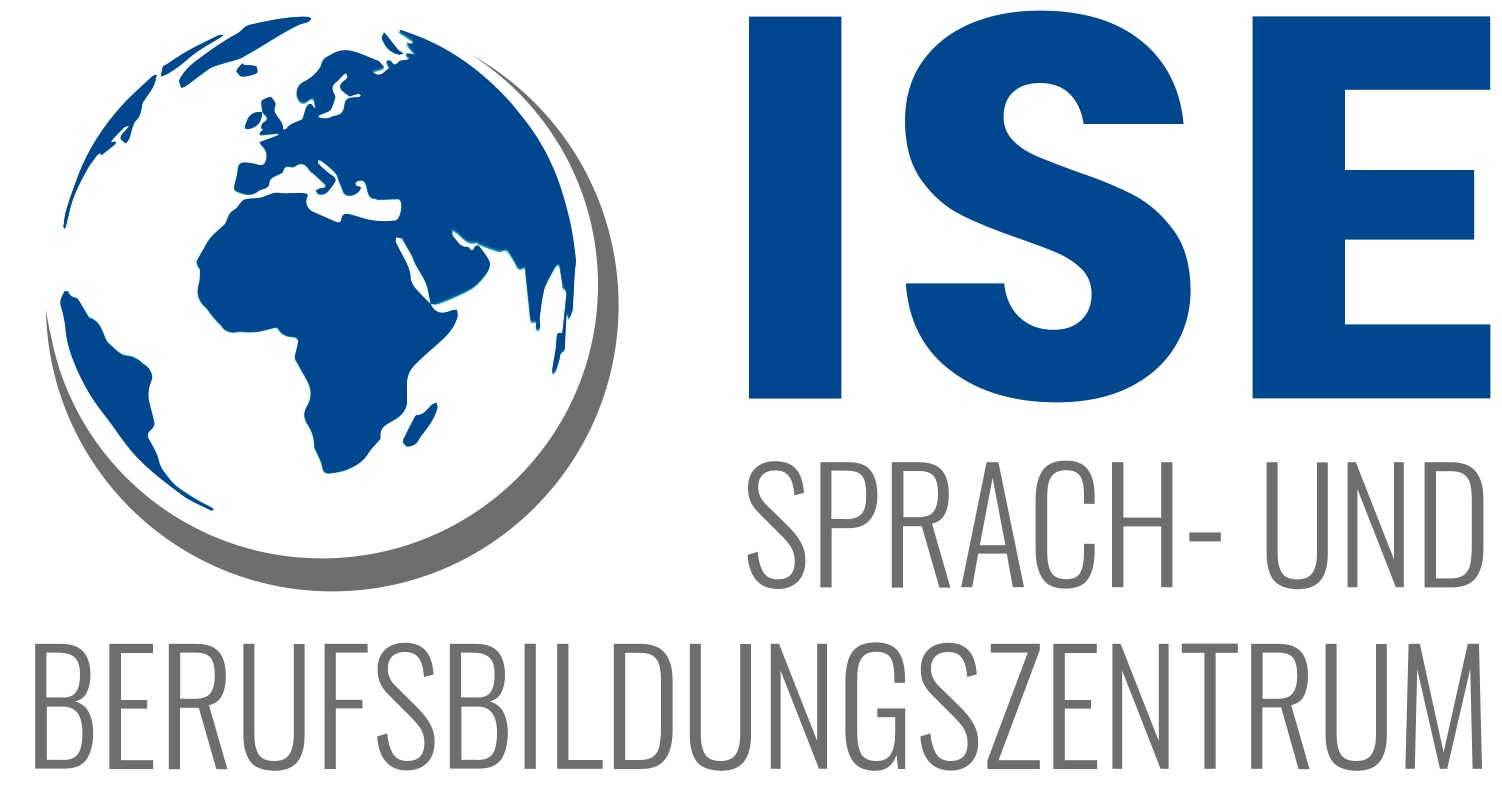The relatively young profession of personnel services clerk (PDLK) is now enjoying great acceptance. Personnel services clerks are primarily employed in temporary employment agencies/employee leasing, where they procure staff for their clients. In addition, of course, they coordinate the deployment of personnel and try to acquire new orders and look after customers well. In addition, there are also career opportunities for personnel services clerks in the human resources departments of larger companies.
The ISE language and vocational training center is offering retraining in this training occupation for the first time in autumn 2013.
Participants complete the nationally regulated 3-year training after just 2 years as part of this retraining. The examination is carried out by the Regensburg Chamber of Commerce and Industry (IHK).
Every large company and almost every medium-sized company today works with temporary employment agencies. If you analyze the job offers in the daily newspaper, you can see that personnel are often in demand from temporary employment agencies.
Tasks in detail:
Personnel services clerks scan the job and applicant market for potential workers for their customers. They conduct interviews and select suitable personnel tailored to the requirements profile of their clients. You need knowledge of labor law to draft the necessary employment contracts. PDLK schedule personnel deployment, plan further training for their employees and are often the contact persons for payroll issues. In addition, personnel services clerks spend their time acquiring new orders.
Personnel service clerks are well informed about industry-specific health protection regulations, keep personnel files and document them.
In addition, PDLK are also responsible for management and controlling.
Training content according to the training framework plan (factual structure):
A b s c h n i t t A
Professionally defining skills, knowledge and abilities:
1. Recruitment: Personnel recruitment, applicant advice, personnel selection, personnel recruitment and personnel placement;
2. Personnel deployment: Operations planning and deployment preparation, ensuring occupational safety and health protection, personnel management and personnel support, personnel administration, termination of employment relationships;
3. Career field development;
4. Order acquisition and order execution, Marketing: order-specific job analysis and personnel requirements analysis, marketing, customer loyalty and customer service, offer calculation and contracts, control of contract fulfillment;
5. Communication and cooperation: communication, teamwork and cooperation, conflict management;
6. Commercial management and control;
7. Job-Related Legal Applications;
A b s c h n i t t B
Integrative skills, knowledge and abilities:
1. The training company: Position, legal form and structure of the training company, vocational training, labor, social and collective bargaining regulations, safety and health protection at work, environmental protection;
2. Work design: Learning and working techniques, quality assurance of operational workflows, information and communication systems, data protection and data security;
3. Using a foreign language for specialist tasks.
Entry requirements
Potential course participants first take part in an aptitude test at the ISE. Please contact the ISE administration at Schloßgraben 2 in Amberg (Tel.: 09621-78680) for dates for the aptitude test and other entry requirements.
Important information
- Type of measure: FBW
- Duration: 2712 teaching units (theory) plus 920 teaching units (internships) plus 424 teaching units (vacation)
(subject to change) - Course location: Sulzbach-Rosenberg, Frommstr.36
- Term:
- Next course: on request (full-time)
- Teaching/examination location: ISE training center, IHK Regensburg, external training centers
- Funding options: if you are personally qualified, you can receive an educational voucher from the employment agency/ARGE and WeGebAU
(Retraining is an educational measure that is not listed in the employment agency's educational target planning. Therefore, educational vouchers can only be issued in exceptional cases)
- Number of participants: minimum 12, maximum 25
- Contact person: Mr. Peter Blendowski, Mr. Roland Domogalla, Mr. Richard Kirschner


